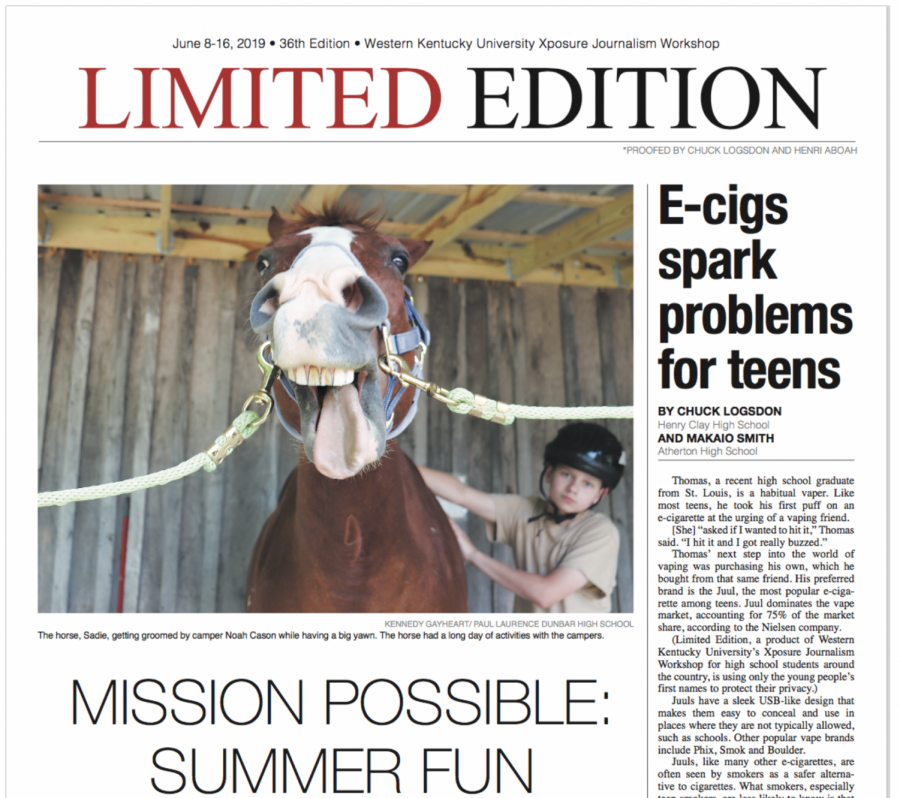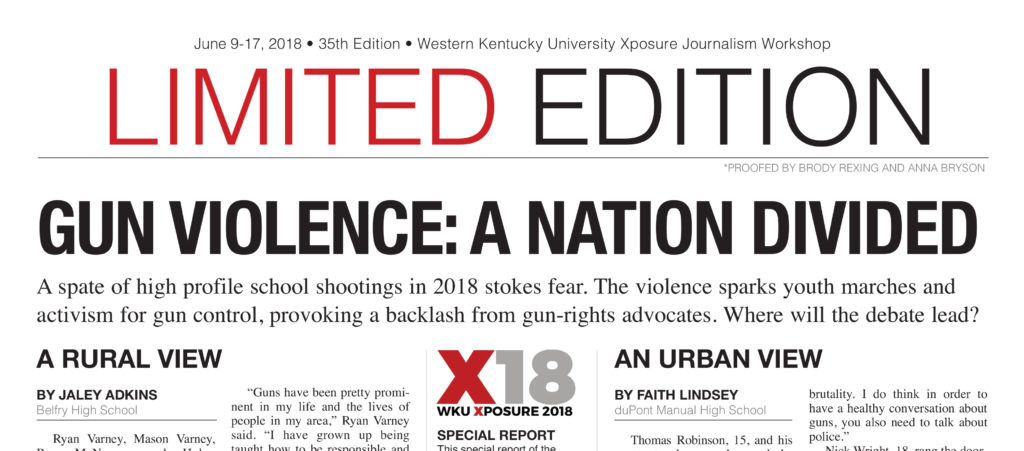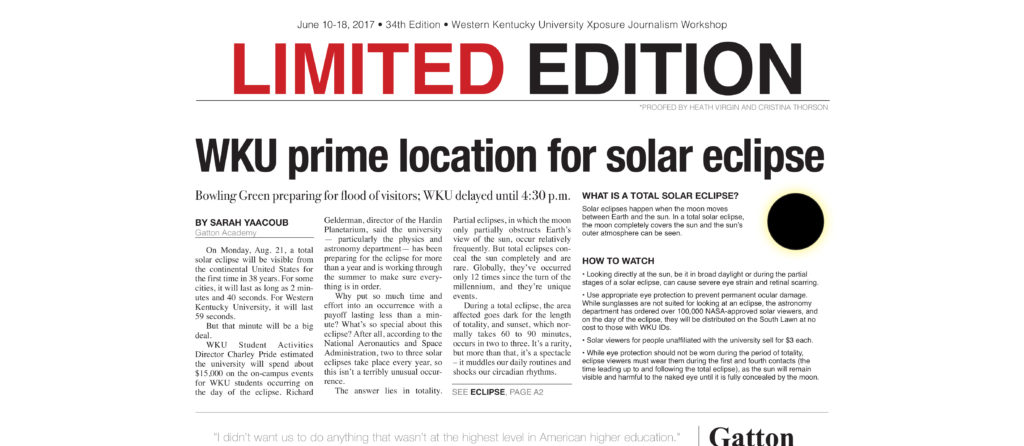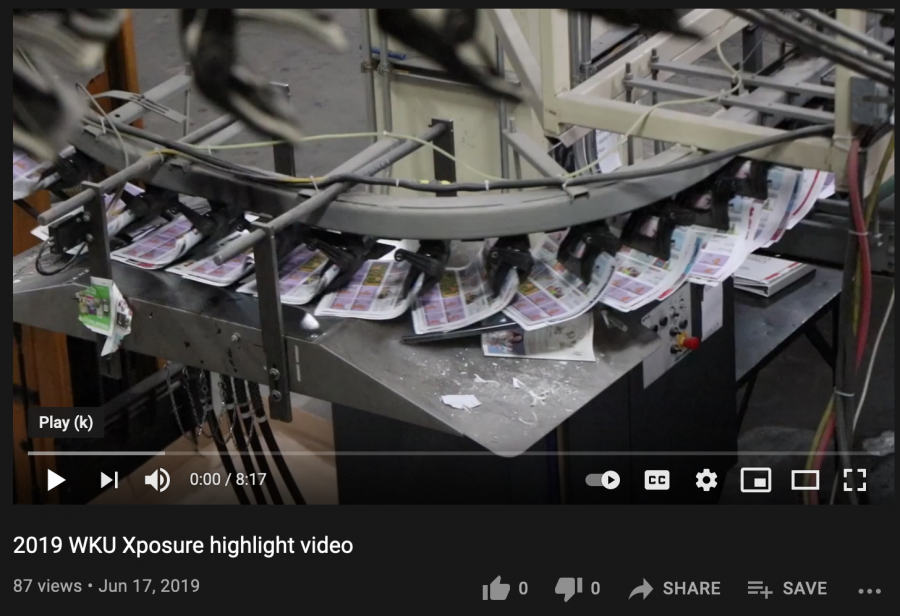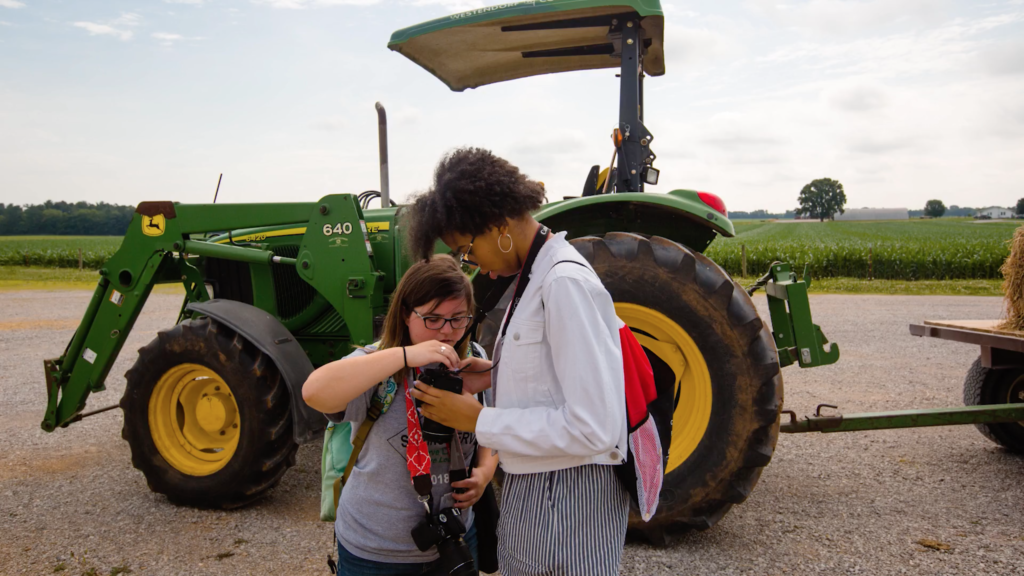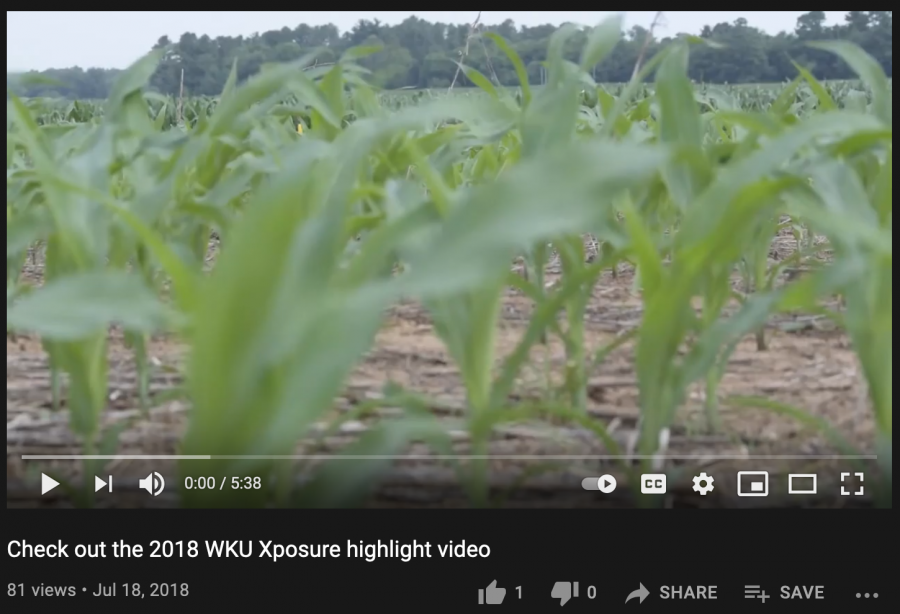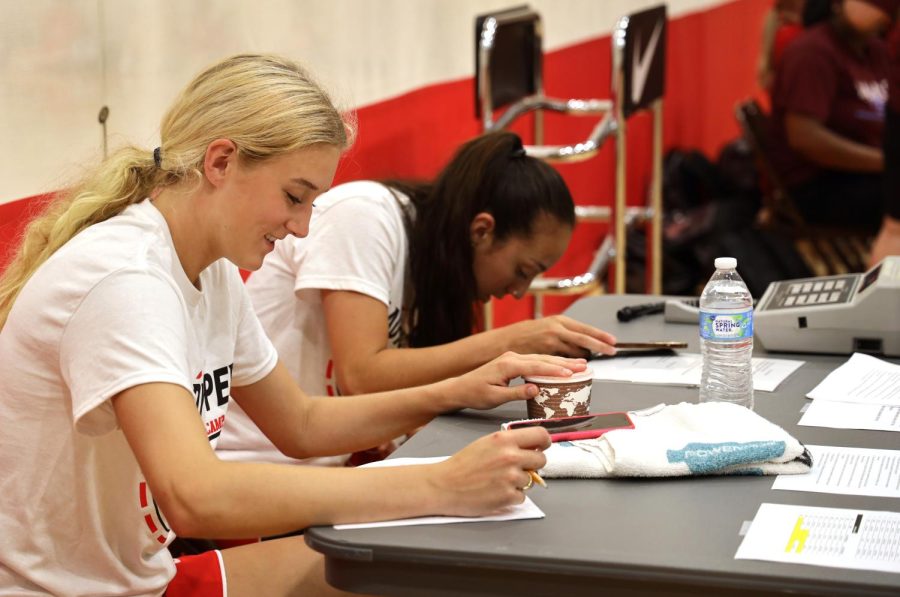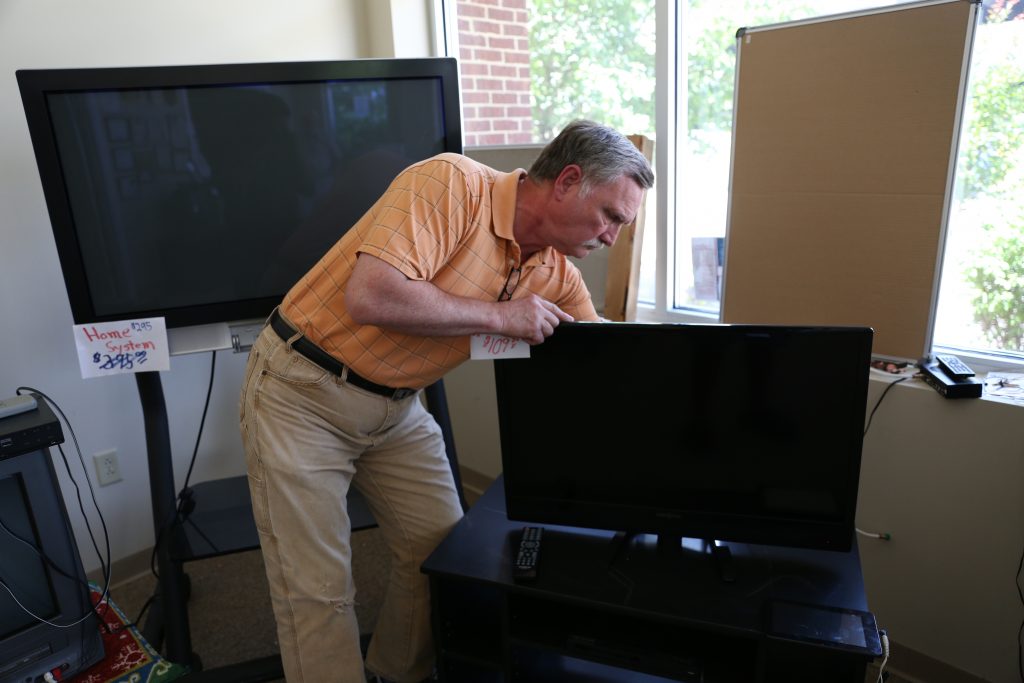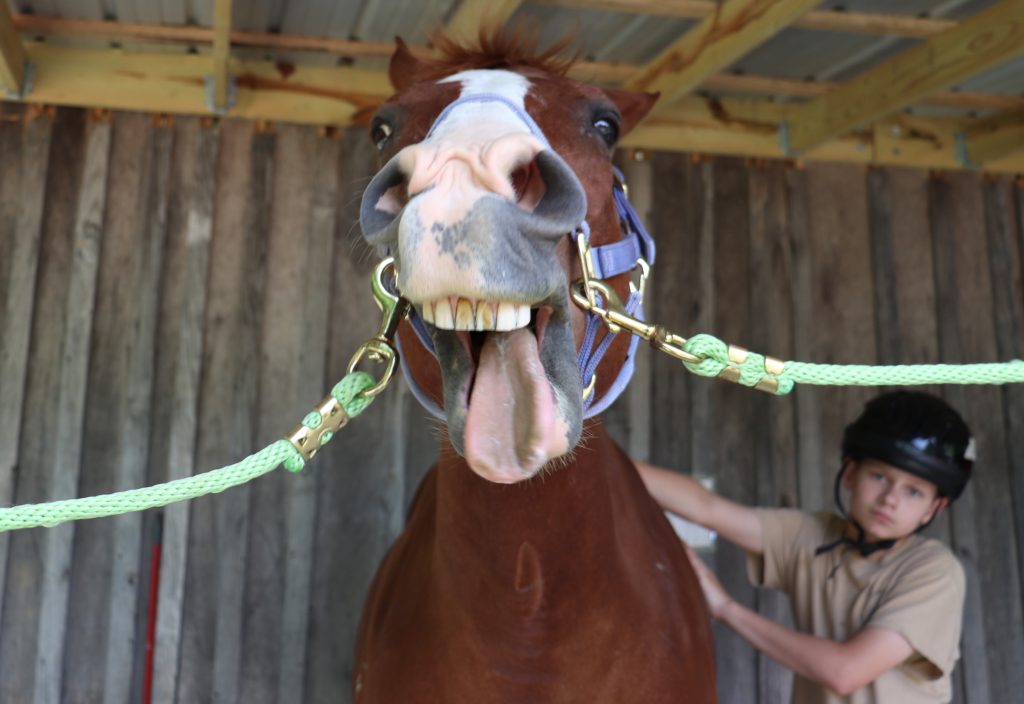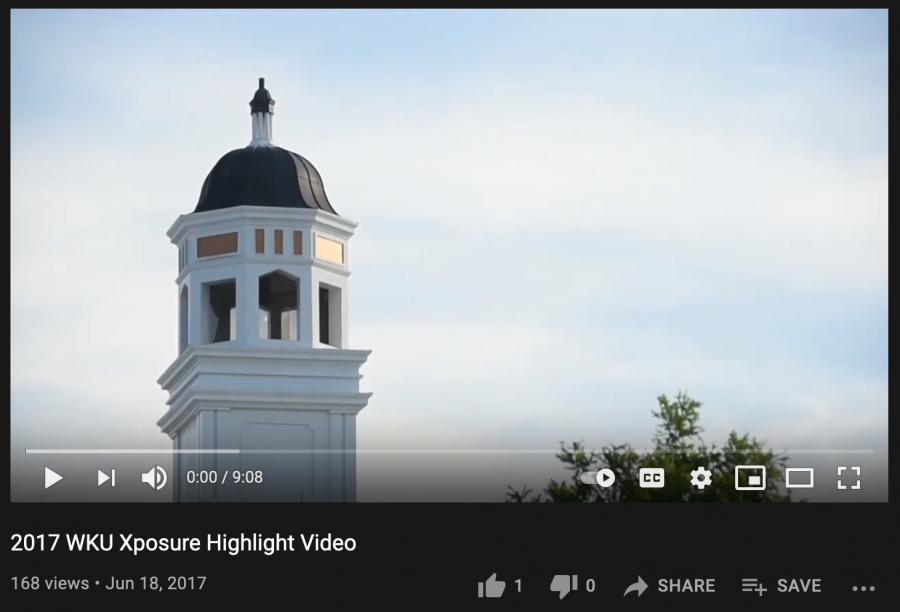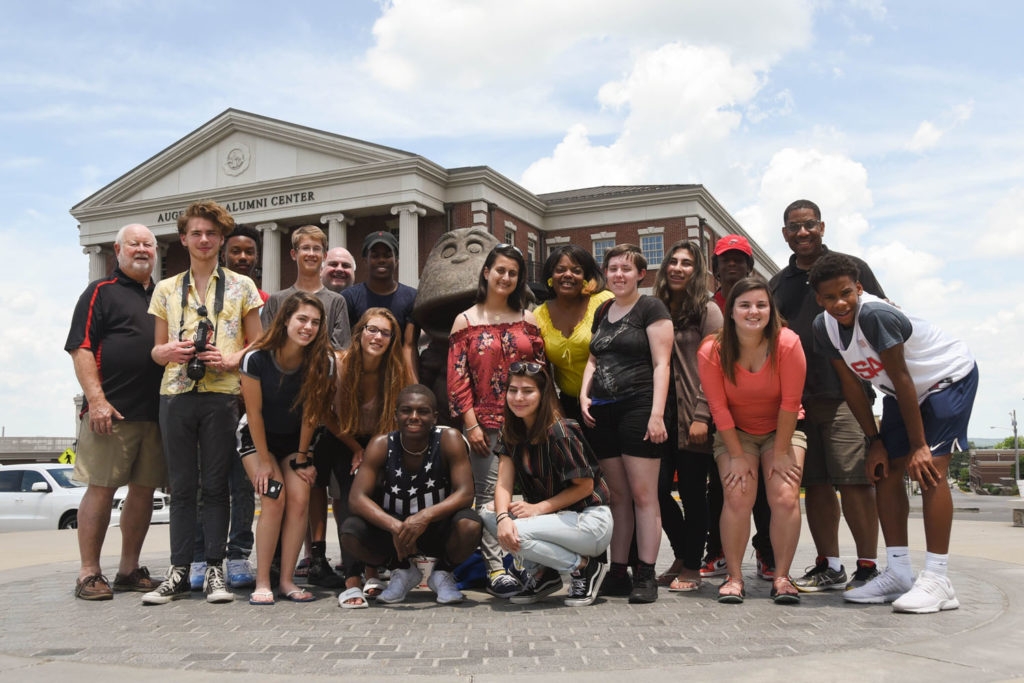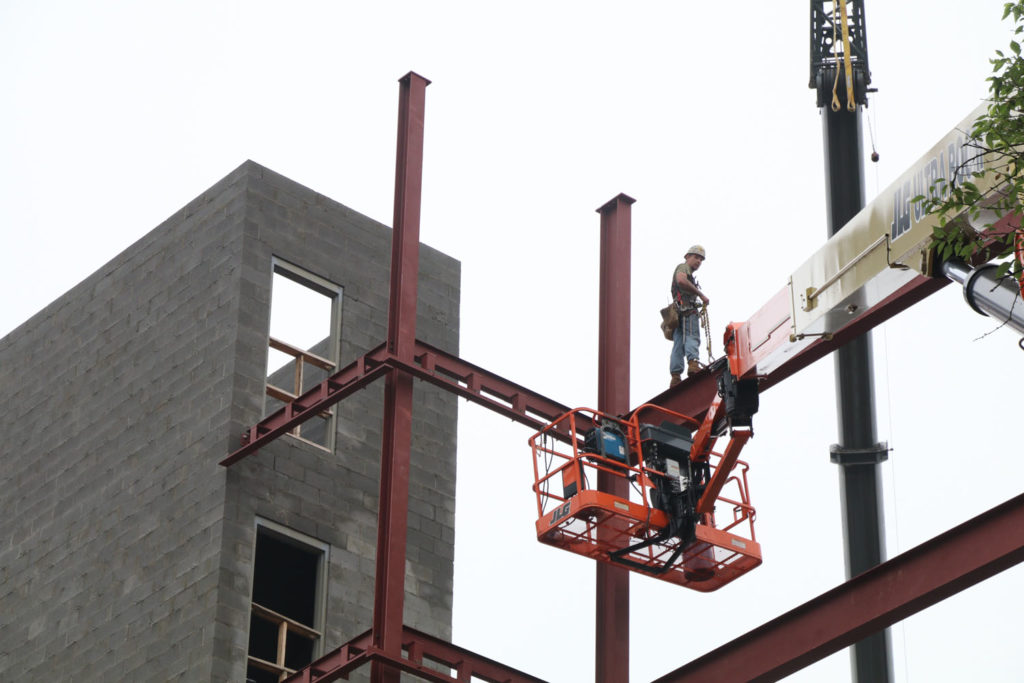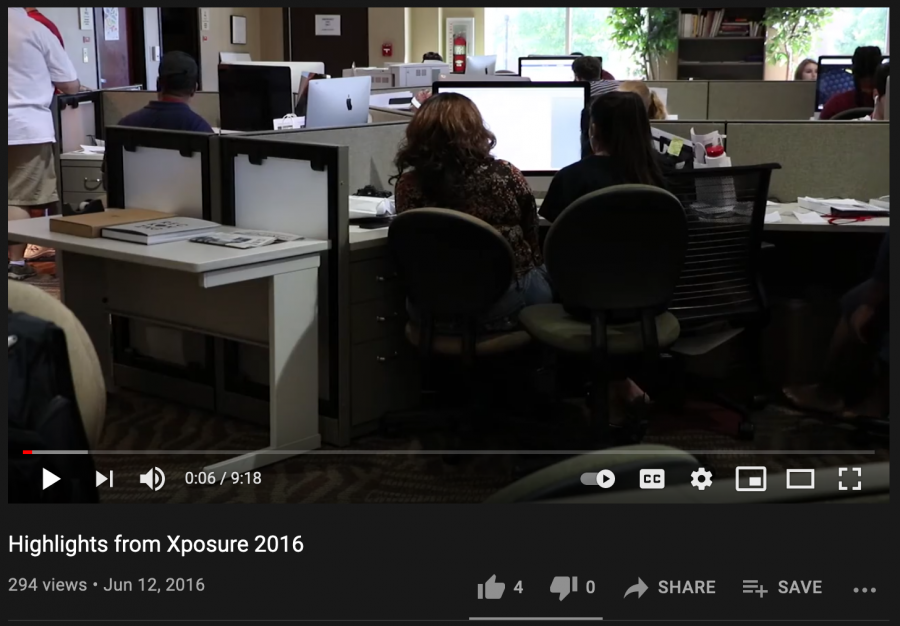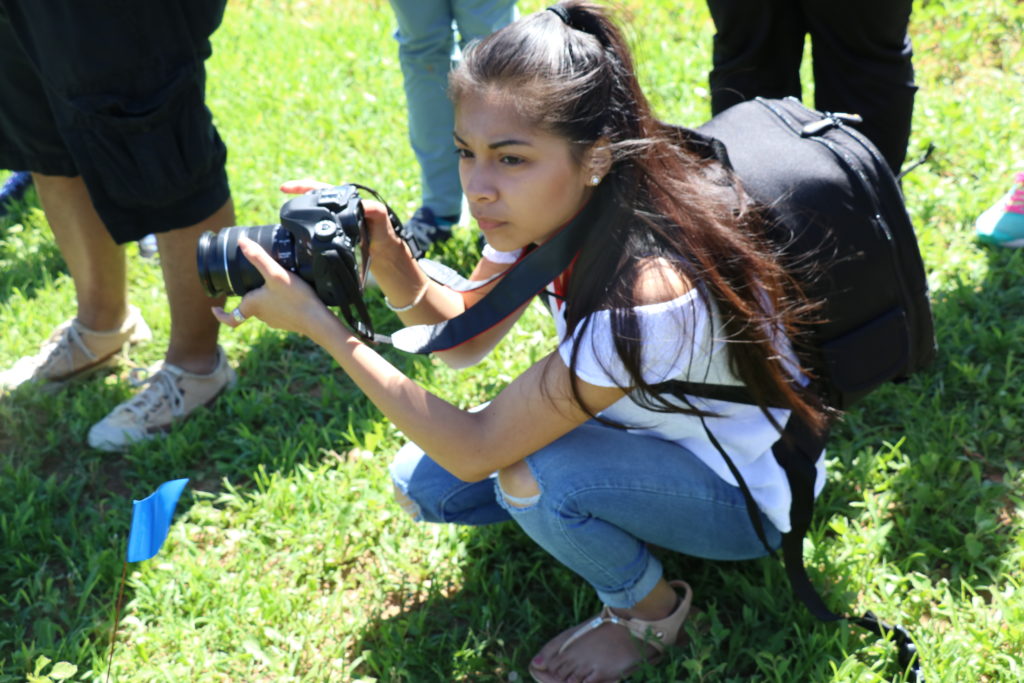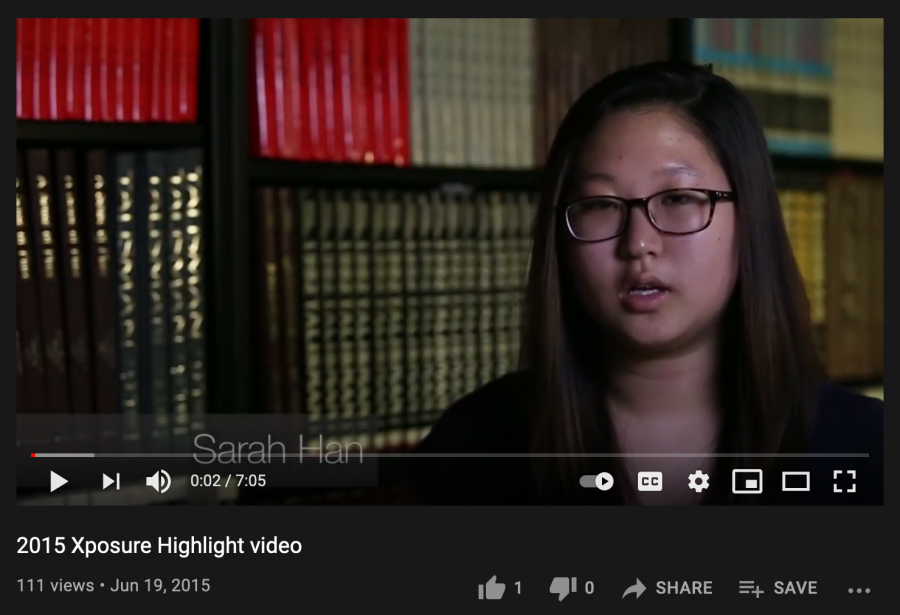By Jay Whitehead, Memphis University School
Starting in the fall of 2018, students will have the chance to experience a new, modernized living experience on the WKU campus. WKU Housing and Residence Life created a 10-year plan that will optimize the on-campus living experience for current and future students.
Mike Reagle, assistant vice president for Student Affairs and executive director of Housing and Dining, said the construction of Hilltopper Hall, in the “Valley” parallel to College Heights Boulevard and next to the Kentucky Museum, will allow “swing space” to destroy the Barnes-Campbell and Bemis Lawrence halls while still allowing the same number of students to reside on campus.
Hilltopper Hall will have a 24/7 cafeteria, Reagle said. In addition to the 400 beds and a 24/7 cafeteria, it also will have more space for studying, social encounters and recreational space for fitness.
“It ends up being kind of like a mini hotel,” Reagle said.
Northeast and Southwest halls are also undergoing reconstruction that will include more space for common areas like a large kitchen and dedicated student success spaces.
The Northeast and Southwest halls were originally constructed in 1957 as four separate halls. The rooms that were created fit the life experience that most college students had at that time.
“A number of students in the ‘60s and ‘70s came from homes where they usually shared rooms and bathrooms,” Reagle said. “At that time, those types of dorms were normal to them.
“Most kids going to college are coming from homes where they have always had their own room and bathroom. Now you send those kids to these residence halls where they would have to walk down the hall and share a room with about 25 to 50 of their closest friends. It’s a whole other world for them.”
Most universities have reconstructed their residence halls to fit this modernized way of living.
“In order for universities to keep up, you have to continue to build these types of things because otherwise, students will choose other universities instead of yours,” Reagle said.
A part of modernizing the residence halls of WKU campus will be the introduction of pod-style housing.
“Pods are similar to suites where you have a shared bathroom between two rooms with a small kitchen,” Reagle said.
Pod-style housing will answer the students’ complaints of the community bathrooms and showers. Instead of sharing a bathroom and showers with 25 to 50 people, students now will share a bathroom with four to six students.
“What I’ve found from students living in that condition is that they didn’t like it,” Reagle said. “But what I have heard from most students is that they wouldn’t trade it for anything because they got to know everybody from their floor.
“The challenge with pod-style housing is that you won’t get to meet and build relationships with people on your floor,” Reagle said.
Even though pod-style housing is what the students want, the connection between students on the floor will be different.
“As you build this type of environment, which is what the students want, you limit the ability to have that community that you really want,” Reagle said.
Despite a slight increase in rates, WKU residence hall and apartment annual rates will remain more affordable than the average rate for similar residence halls and apartments in Kentucky universities, according to the WKU Housing website. The construction projects will not increase the tuition cost for the students. The housing rates will increase to align with the Kentucky system average and will contribute to housing operations, programming and future projects.
WKU provides different types of housing options depending on a student’s desires and financial stability.
“We can build whatever we need to build as long as we can bill out the students who want to live there,” Reagle said. “As the cost of higher education goes up, you’ve got to have this balance of providing people what they want and what they have the ability to pay for.”
WKU has many different living options based on gender, class exclusives or other features like single beds that will be more available in the future.
“Your best system gives the most amount of choices for students,” Reagle said.
WKU will also be adding a semi-suite, 200-bed annex to the Bates Runner Hall in 2024 and a conversion from traditional to semi-suite style rooms in the McCormack Hall in the fall of 2025.
“It’s an exciting time. It’s exciting to see new things coming up. It’s exciting to see what we can provide for the students,” Reagle said. “A lot of what we do is actually preparing students behind the scenes to actually be able to go to class and get an education. We are the infrastructure behind that.”


